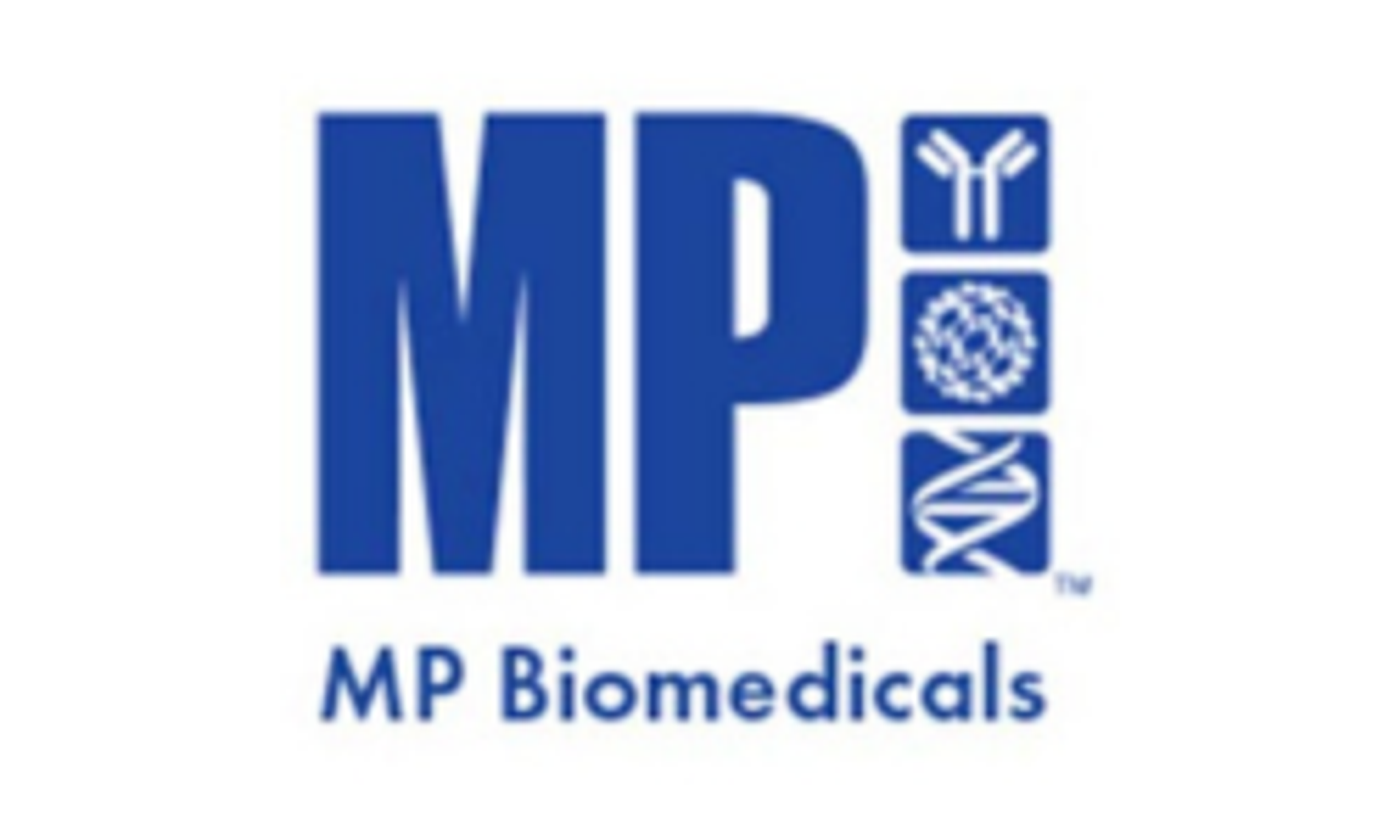
Enhance Microbial World Exploration with Standardized Sample Prep
Extracting DNA and RNA from complex microbial communities poses a challenge. Efficient cell lysis and high-quality recovered nucleic acids are crucial for molecular techniques' success. MP Biomedicals provides comprehensive sample preparation solutions, covering sample grinding, cell lysis, and nucleic acid extraction and optimized purification kits for various complex samples in microbiome research, including stool, gut, skin tissues, saliva, and environmental or agricultural samples. Its latest development enables high-throughput, automated purification of sequencing-grade nucleic acids from dedicated microbiome research samples
Dr. Véronique Karsten, product manager of the Molecular Biology product portfolio at MP Biomedicals, will explain how to thoroughly homogenize and lyse microorganisms in samples for microbiome research. She will also discuss new DNA and RNA extraction kits from MP Biomedicals for high yields from diverse samples, including environmental, water, plant, fecal, and tissue specimens.
Key learning objectives
- Learn how to obtain a thorough homogenization and lysis of any microorganism from samples used in microbiome research
- Explore the new DNA and RNA extraction as well as coextractions kits developed by MP Biomedicals to generate high yields and achieve rapid isolation of genomic DNA and total RNA from environmental and water samples, plant specimens, feces, human and animal tissues
- Discover MPure-32™ and MPure-96™ Automatic Nucleic Acid Purification Platforms designed for high-throughput applications and combined kits specially developed for DNA and RNA purification from various samples including feces and environmental samples
- Learn how to analyze spatial transcriptomic data from your experiments and see which pitfalls to avoid
Who should attend?
- Scientists involved in metagenomic and metatranscriptomic analysis of human and animal samples
- Researchers working in the environmental and agricultural research field (with soil, sediment, water, sludge, compost, rhizosphere, wood, and any other plant specimens as well as food samples)
Certificate of attendance
All webinar participants can request a certificate of attendance, including a learning outcomes summary, for continuing education purposes.
Speakers

Moderator

